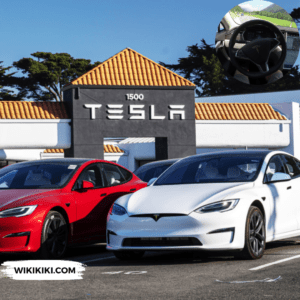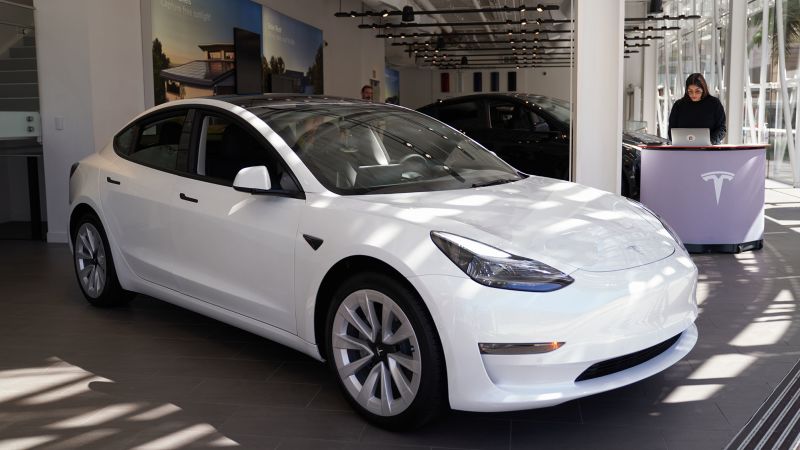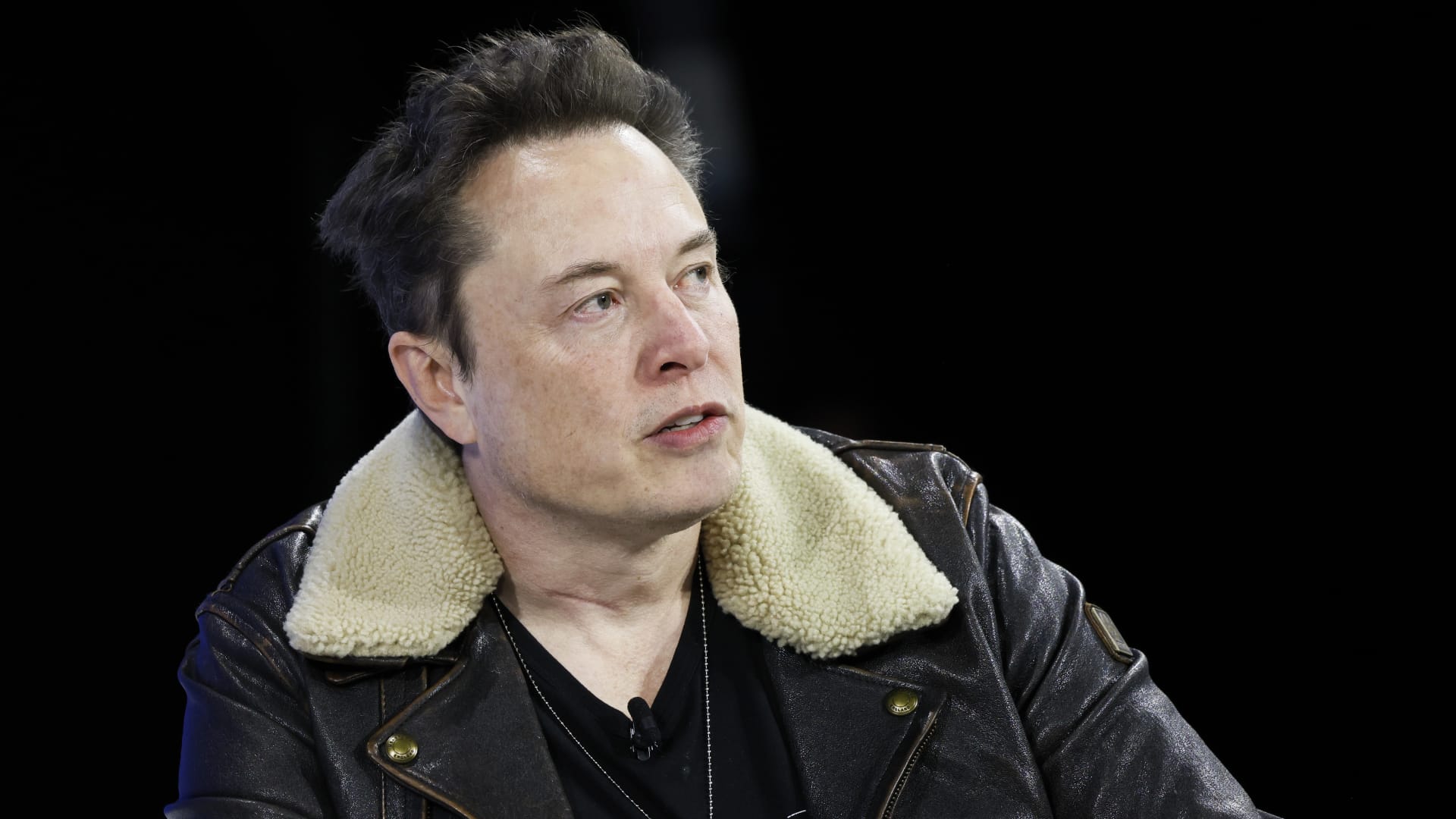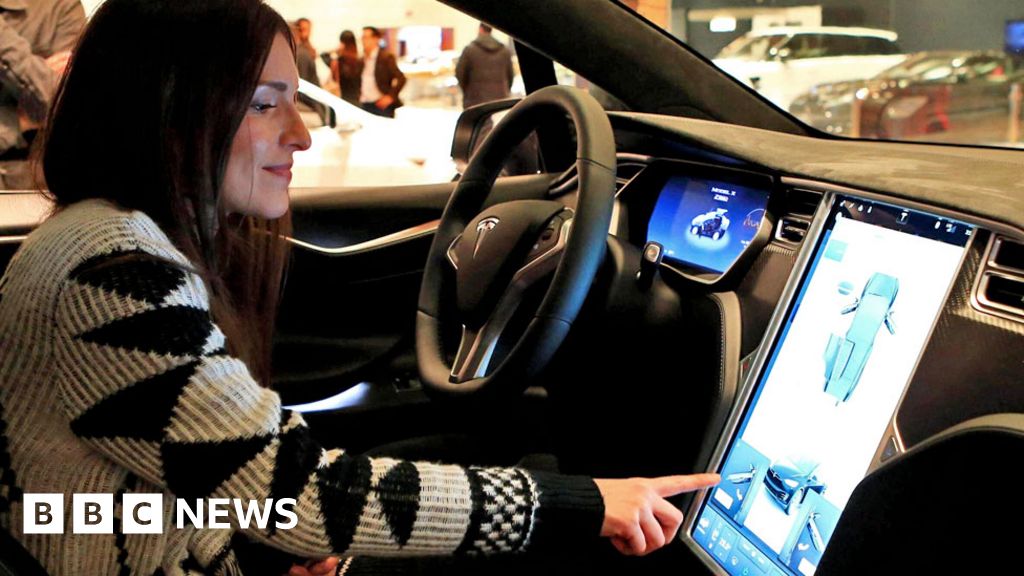Tesla is recalling over 2 million vehicles in the United States due to concerns related to its Autopilot functionality. This comes after a thorough two-year investigation conducted by the National Highway Traffic Safety Administration (NHTSA), the US auto safety regulator.

Also Read: Fiat 500e is Set to Hit US in the First Quarter of 2024
The investigation revealed issues with the Autopilot system, concerns about its ability to ensure driver attention and prevent misuse.
The recall affects more than two million vehicles across Tesla’s lineup, including models Y, S, 3, and X, sold in the US since the activation of the Autopilot feature in 2015.
The NHTSA investigation found that the Autopilot system could be deceived, leading to misuse, and its failure to monitor driver attention.
Autopilot is a partially automated feature that requires the driver to keep their hands on the steering wheel, even when the system is engaged.
The NHTSA’s investigation was by a series of crashes, some of which resulted in fatalities, involving Tesla vehicles with Autopilot active.
The regulator expressed concerns about the system’s controls, stating that the “prominence and scope of the feature’s controls may not be sufficient to prevent driver misuse.”
The company plans to address the Autopilot issues through an over the air software update. The company acknowledges the need for additional controls and alerts to prevent driver misuse.
Company stated that the update would “incorporate additional controls and alerts to those already existing on affected vehicles to further encourage the driver to adhere to their continuous driving responsibility whenever Autosteer is engaged.”
Also Read: Tesla Cybertruck Hits US Market Starting at $61,000
However, it’s worth that Tesla did not fully agree with the NHTSA’s analysis but decided to proceed with the recall and software update to resolve the concerns by the regulatory body.
Autopilot is a driver-assist system designed to automatically steer, accelerate, and brake within a lane.
Despite its name, it falls short of being a fully autonomous system, requiring the driver to remain attentive and ready to take control when needed. The Autopilot can facilitate lane changes but is not classified as fully autonomous.
The NHTSA has been investigating crashes involving the Autopilot system since 2016, signaling scrutiny of the technology’s safety and performance.
The agency has concerns about drivers denying responsibility for crashes when Autopilot is engaged, intentionally or unintentionally, leading to a need for monitoring and controls.
The recall follows growing concerns among the public and safety advocates regarding the safety and reliability of Tesla’s Autopilot.
Several accidents, including fatal ones, involving Tesla vehicles with Autopilot engaged have questions about the technology’s ability to operate safely in various driving conditions.
Critics argue that Tesla may have misled customers about the capabilities of its software, contributing to safety risks.
Also Read: Virgin Atlantic’s First Transatlantic Flight Using 100% SAF
A recent investigation by the Washington Post highlighted eight serious accidents, some fatal, where Autopilot should not have been engaged.
This has intensified the scrutiny on Tesla’s driver assist features and their role in road safety. The recall of over 2 million vehicles is an event for Tesla, impacting a portion of its US customer base.
The company’s stock experienced a decline following the announcement but recovered amid a stock market rally.
The recall, coupled with previous safety concerns and investigations, may impact consumer confidence and public perception.
Regulators, including the NHTSA, are struggling with the complexities of the safety of such systems while technological advancements.
The incident underlines the need for robust regulations and oversight to address risks associated with autonomous features.
Victims of such accidents, like Dillon Angulo, who suffered serious injuries in a 2019 crash, may pursue legal action against Tesla.
Angulo’s statement, “This technology is not safe, we have to get it off the road,” reflects the sentiments of individuals who have experienced accidents involving Tesla vehicles with Autopilot.
Also Read: Callum Skye: Callum Unveils an Electric Multi-Terrain Vehicle



